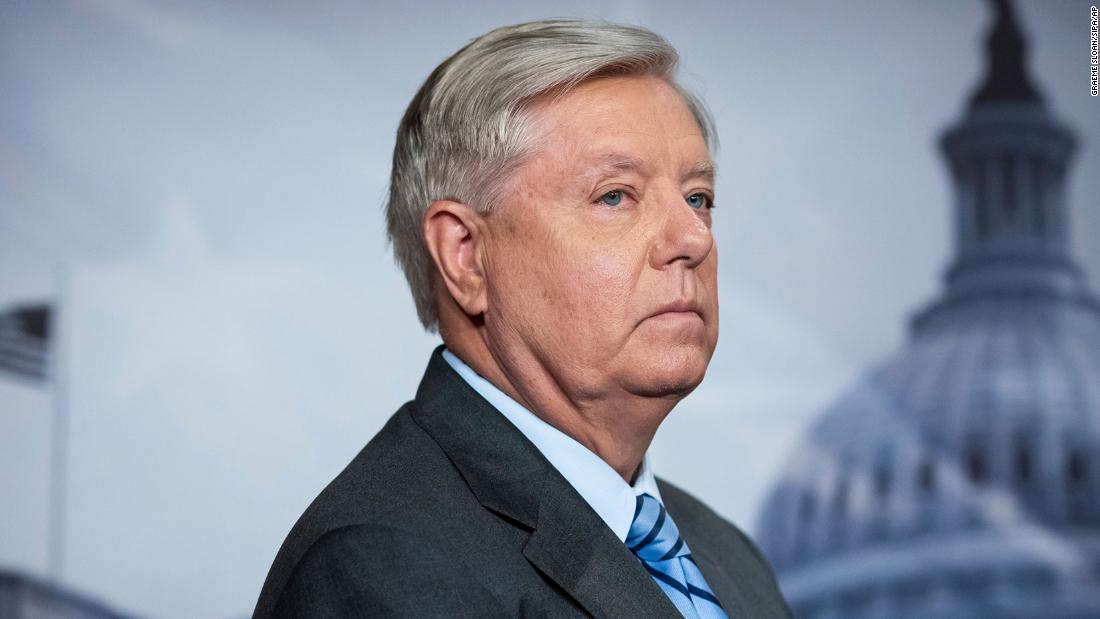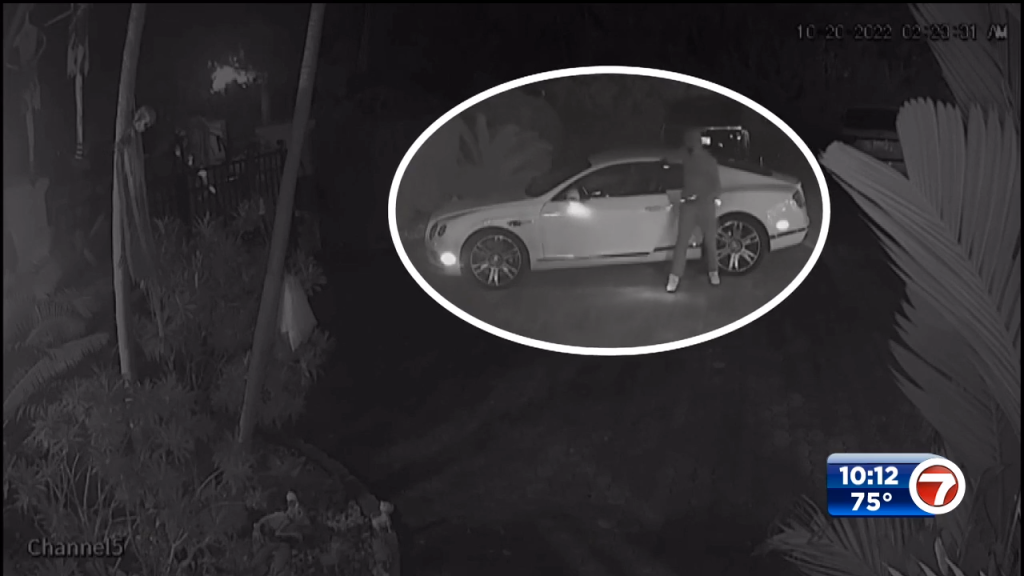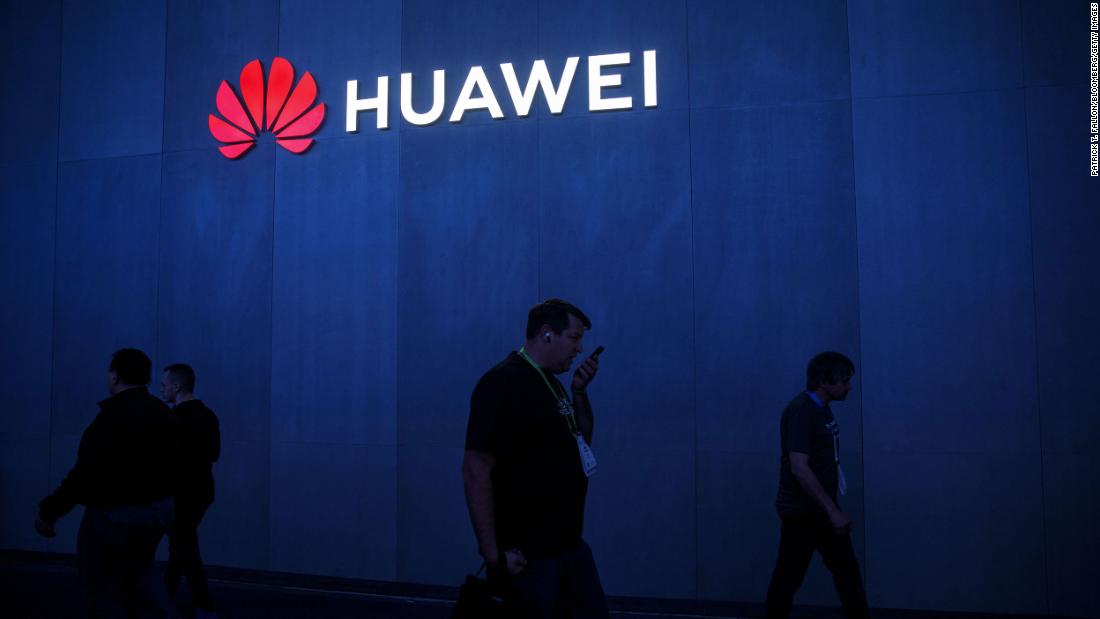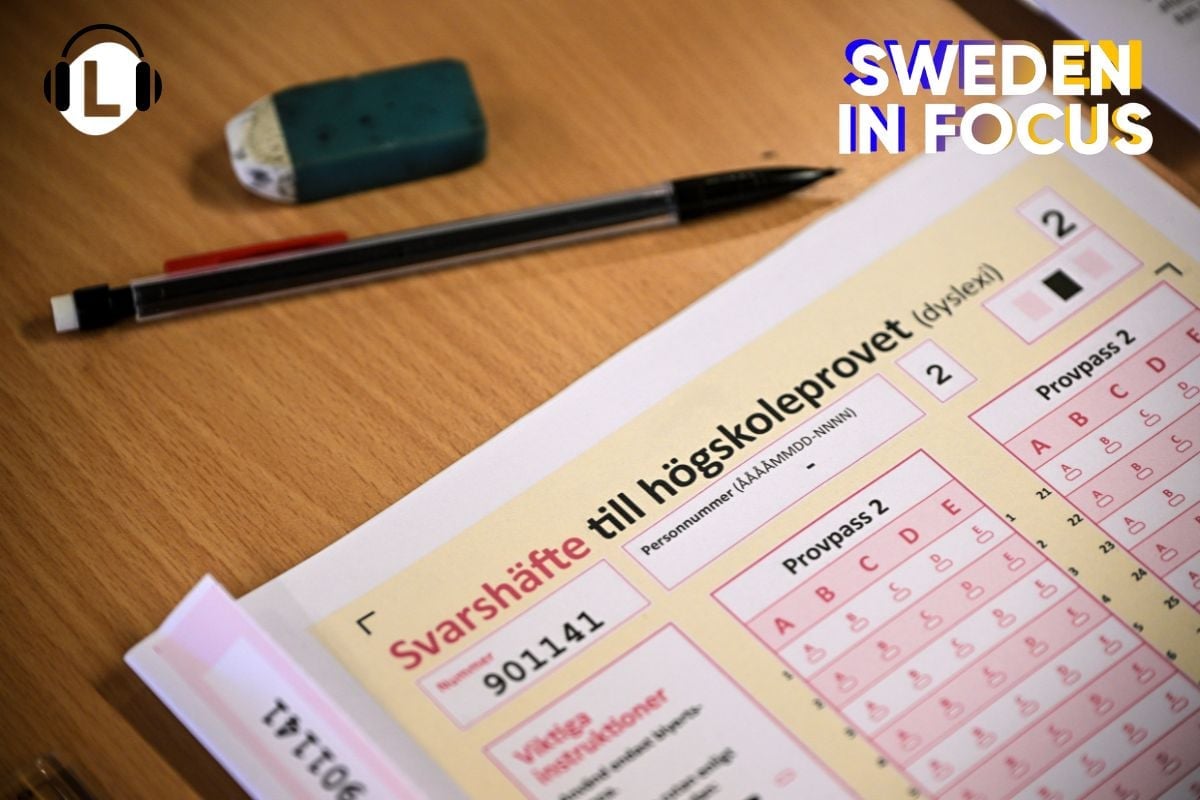South Korean opposition files impeachment motion against Yoon
The president’s declaration of martial law, though rescinded after hours, shocked the country.
South Korean opposition parties filed a motion on Wednesday to impeach President Yoon Suk Yeol over his short-lived attempt to impose martial law, a bid that parliament rejected after protesters gathered outside the National Assembly in Seoul.
Yoon, citing “threats from North Korea” and “anti-state activities” by the domestic political opposition, said on Tuesday that martial law would begin at 11 p.m. that evening.
But the National Assembly voted to lift the decree nearly three hours later, after even his own party urged him to abandon it, which Yoon did in the early hours of Wednesday.
South Korea’s constitution allows the president to declare martial law in periods of national emergency but also stipulates that the president must comply if a majority of the National Assembly votes to lift it.
Opposition lawmakers called for Yoon to resign or face impeachment over his decision to declare martial law for the first time in South Korea since 1980.
“We’ve submitted an impeachment motion prepared urgently,” said Kim Yong-min from the opposition Democratic Party.
The opposition had yet to decide when to put the motion to a vote, but it could come as soon as Friday.
The opposition parties plan to report the motion to a parliamentary plenary session on Thursday. By law, an impeachment motion must be put to a vote between 24 and 72 hours after it is reported to a plenary session.
‘Stunning’
The opposition holds a large majority in the 300-member parliament and needs only a handful of defections from the conservative president’s party to secure the two-thirds majority needed to pass the motion.
Yoon’s bid to declare martial law shocked a country that has become a beacon for sensible government and economic prosperity in Asia.
Soon after Yoon declared his intention to impose martial law, in a late Tuesday television address, protesters gathered outside parliament.
Chaos ensued as troops tried to take control of the parliament complex while parliamentary aides sprayed fire extinguishers to push them back, and protesters scuffled with police outside.
The military said activities by parliament and political parties would be banned and media and publishers would be under the control of the martial law command.
Later, after Yoon withdrew his declaration, protesters outside the National Assembly cheered and shouted “We won!”

Kenneth Choi, the international editor for the The Chosun Daily newspaper said in an interview with CNN earlier that Yoon’s declaration was “absolutely stunning.”
“Everybody is flabbergasted,” Choi said.
“He is frustrated because the opposition party, which controls about two-thirds of the parliament, has impeached like 18 of his Cabinet ministers,” Choi said of Yoon. “And then the opposition party cut down almost US$4 billion in the government budget. So he believes that the opposition party is trying to shut his government down.”
RELATED STORIES
South Korea’s president lifts martial law hours after declaring it
Photos: Martial law ends in South Korea hours after president declared it
Does a photo show armored vehicles in Seoul after South Korea declared martial law?
The U.S. embassy urged U.S. citizens in South Korea to avoid areas where protests were taking place, while some major employers including Naver Corp and LG Electronics Inc advised employees to work from home, Reuters reported.
‘Seriously concerned’
Earlier, the United States said it was watching events “with grave concern” and was seeking to engage with South Korean officials at every level in Washington and Seoul.
“We have every hope and expectation that any political disputes will be resolved peacefully and in accordance with the rule of law,” the second-ranking U.S. diplomat, Kurt Campbell, told reporters in Washington.
A spokesperson for the U.S. National Security Council told Radio Free Asia that the U.S. was not notified in advance of Yoon’s announcement of martial law.
“We are seriously concerned by the developments we are seeing on the ground in the ROK,” the spokesperson said, referring to South Korea.
David Maxwell, vice president of the Washington-based Center for Asia Pacific Strategy told RFA earlier that Yoon, who faces a very low approval ratings, has nothing to lose, and may have been hoping that his declaration of martial law could hurt the opposition.
He said Yoon may have felt the timing was right for such a bold move and that Yoon was “likely to receive little or no condemnation from the incoming Trump administration as much as there may be from Biden or would be if Harris had won.”
Japanese Prime Minister Shigeru Ishiba also said he was watching the situation in South Korea with “great interest.”
In response to a media question about his plan to meet Yoon next month, Ishiba said: “Nothing has been decided specifically.”
But Japan’s Kyodo News reported that Japan–Korea Parliamentarians’ Union Association Federation had decided to cancel former Prime Minister Yoshihide Suga’s visit to South Korea, which was scheduled for mid-April next year, citing developments in the South.
China has not officially commented, but its embassy in South Korea urged its citizens to stay “alerted.”
Edited by Taejun Kang.












